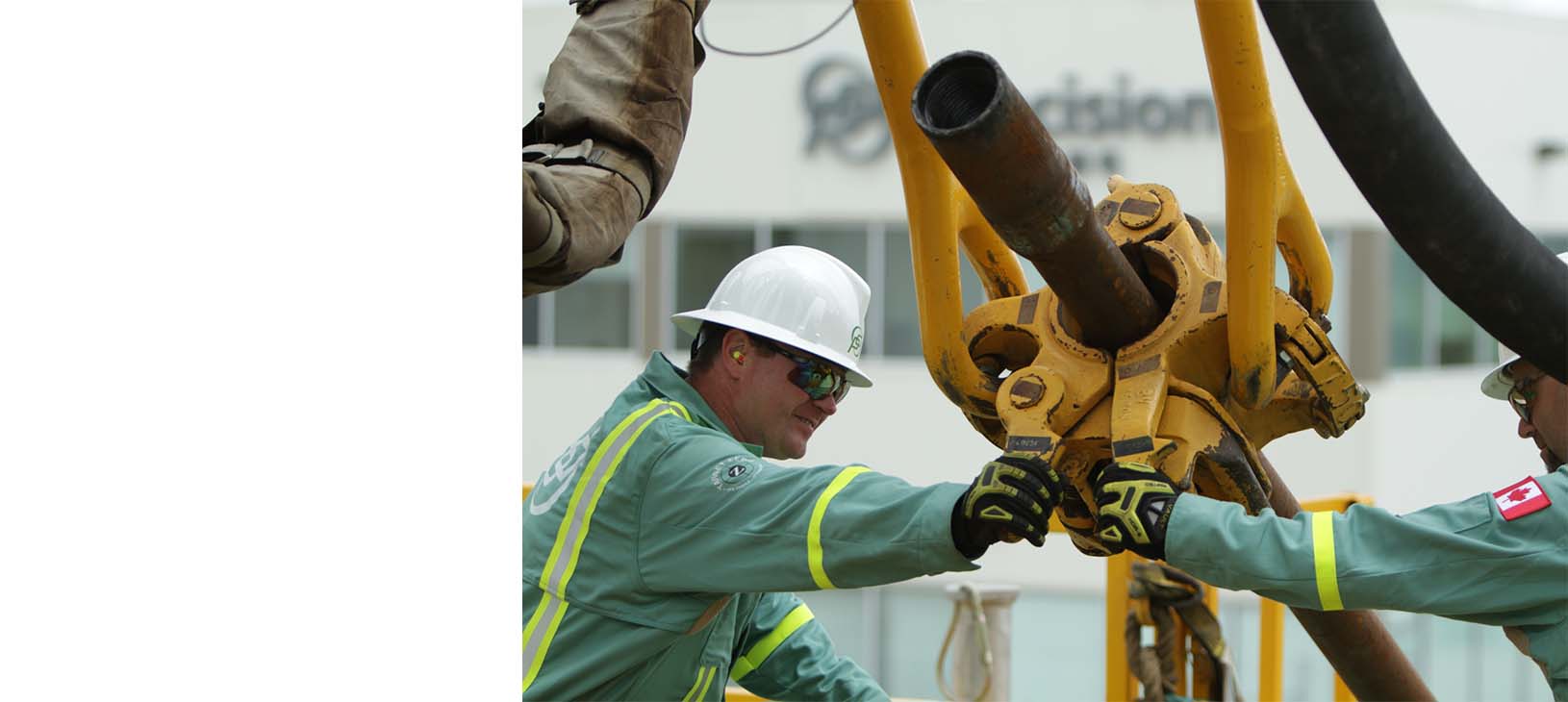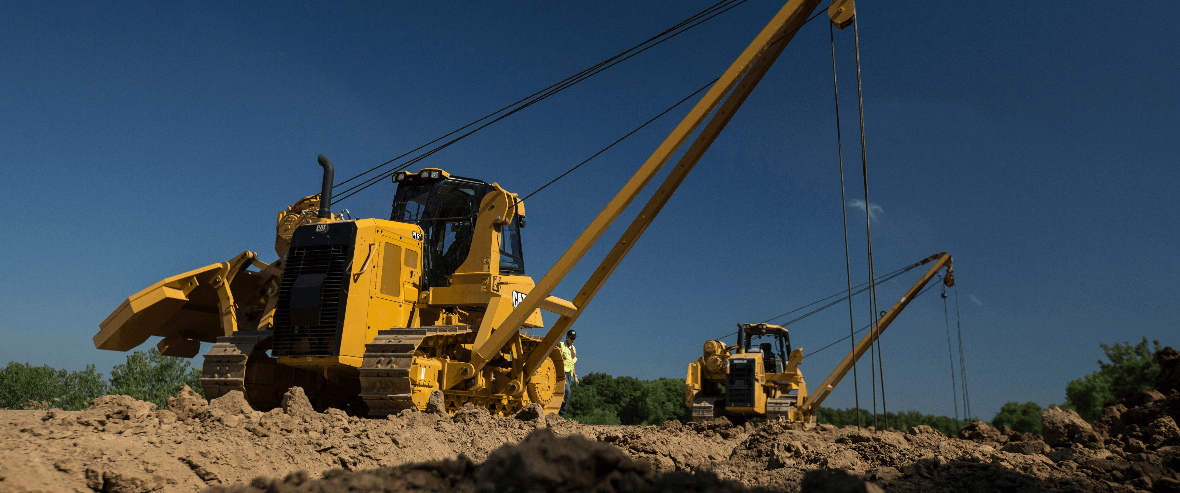Superior Rentals near me: proven strategies for choosing the right partner
Wiki Article
A Comprehensive Overview to the Numerous Sorts Of Oil Field Equipment and Pipeline Equipment Available
The oil and gas market counts greatly on specialized devices for reliable extraction and transportation. Different kinds of machinery, from drilling rigs to storage containers, play essential roles in this complex process. Each tool serves distinct functions that contribute to general functional success. Understanding these components is essential for anybody included in the field. As the industry develops, so as well do the innovations that sustain it. What innovations are on the perspective?
Drilling Rigs: The Backbone of Oil Exploration
Drilling rigs offer as the necessary machinery in the domain of oil expedition, making it possible for firms to gain access to hydrocarbon reserves hidden deep below the Planet's surface. These rigs come in different kinds, including land rigs, offshore rigs, and mobile units, each designed to operate in particular atmospheres. Geared up with advanced technology, drilling rigs can pass through geological formations with accuracy, making sure efficient resource removal. The structural stability and operational abilities of these rigs are essential, as they need to withstand severe problems and considerable stress. The option of an exploration rig affects the general project expense and timeline, making it a crucial factor to consider for oil companies seeking to enhance their expedition initiatives and make the most of efficiency in their procedures.Pumps: Essential for Fluid Movement
In the oil removal process, the duty of pumps is considerable, promoting the movement of fluids throughout various stages of manufacturing. Pumps are vital for transporting petroleum, water, and other liquids from underground reservoirs to the surface and then through pipelines to refineries. They are available in different kinds, consisting of centrifugal, favorable variation, and submersible pumps, each serving particular functions based on the fluid characteristics and functional needs. Centrifugal pumps are generally made use of for their performance in high-flow applications, while favorable variation pumps master managing viscous fluids. The choice of pump effects overall effectiveness, operational safety, and upkeep prices. Appropriate choice and maintenance of pumps are essential for maximizing manufacturing and reducing downtime in oil field procedures.Valves: Managing Flow and Pressure

Valves play an important function in managing the circulation and stress of fluids within oil areas and pipelines. Different kinds of shutoffs offer distinct applications, each created to fulfill certain features fundamental for reliable operation - Superior Rentals near me. Understanding the qualities and usages of these valves is necessary for optimizing system performance and security
Kinds of Valves
Essential elements in oil area procedures, shutoffs play an important duty in regulating the flow and pressure of liquids within pipes and equipment. Numerous sorts of valves are made use of to satisfy the diverse requirements of oil and gas production. Typical types include entrance valves, which offer a straight-line circulation and marginal stress decline; globe valves, known for their throttling abilities; and round valves, identified for their fast on/off control. In addition, check shutoffs prevent backflow, while butterfly valves offer a lightweight service for controling flow. Each valve type is developed with particular materials and configurations to stand up to the extreme problems often found in oil areas, ensuring reliability and performance in procedures. Recognizing these kinds is essential for reliable system administration.Valve Applications and Features
While different sorts of valves serve distinctive objectives, their primary applications focus on managing flow and stress within oil and gas systems. Valves such as gate, globe, and ball valves regulate liquid activity, making sure peak performance and safety. Entrance shutoffs are frequently used for on/off control, providing marginal circulation resistance. Globe shutoffs, on the various other hand, deal specific circulation policy, making them suitable for strangling applications. Sphere shutoffs are favored for their quick procedure and tight securing abilities. Additionally, pressure safety valve are important for stopping system overpressure, guarding devices stability. In general, the appropriate option and application of valves boost operational efficiency, making sure the excavator prices reputable transportation of oil and gas with pipes and processing facilities.Compressors: Enhancing Gas Transportation
Compressors play an important role in the effective transportation of natural gas, making certain that it moves efficiently through pipelines over long ranges. These devices boost the stress of gas, permitting it to overcome friction and altitude changes within the pipeline system. Furthermore, compressors promote the balancing of supply and need, accommodating changes in intake and production rates. Numerous kinds of compressors are employed in the market, consisting of centrifugal, reciprocating, and rotating screw compressors, each offering unique benefits based upon the operational demands. Routine upkeep of these compressors is important to make the most of effectiveness and decrease downtime, ultimately adding to a reliable gas transport network. Their important feature underscores the significance of compressors in the overall oil and gas infrastructure.Storage Tanks: Safe and Reliable Fluid Monitoring
Reliable transportation of natural gas counts on various support group, one of which is the correct administration of storage tanks. These tanks play a necessary duty in safely consisting of liquids, making certain that functional performance is kept while minimizing ecological threats. Created from sturdy products, they are created to stand up to high stress and destructive components. Effectively sized and purposefully situated, storage tanks facilitate the smooth circulation of gas and various other fluids, preventing traffic jams in supply chains. Regular maintenance and tracking are necessary to identify leakages or structural concerns, advertising security and compliance with governing standards. Eventually, the efficient management of tank is vital for the overall honesty and reliability of the oil and gas industry's liquid handling systems.
Pipeline Solutions: Infrastructure for Transport
Pipeline systems serve as the backbone of the oil and gas sector, helping with the efficient transport of hydrocarbons over large ranges. These systems consist of numerous elements, consisting of pipes, shutoffs, pumps, and compressors, all thoroughly designed to ensure seamless circulation. The products utilized in pipeline building and construction, commonly steel or high-density polyethylene, are chosen for resilience and resistance to deterioration. Pipeline networks can extend across land and water, attaching production sites to refineries and circulation. Additionally, progressed modern technology allows real-time surveillance of flow rates and stress levels, boosting operational effectiveness. The critical placement of these pipelines decreases environmental effect while taking full advantage of source ease of access, thereby playing a crucial check this role in meeting power needs globally.Safety Equipment: Making Sure Employee and Environmental Defense
The operation of pipeline systems, while vital for energy transportation, likewise offers substantial safety difficulties for workers and the atmosphere. Safety and security tools plays a significant role in reducing these threats. Individual safety equipment (PPE) such as helmets, gloves, and non-slip footwear safeguards workers from physical hazards. Additionally, gas detection systems keep track of for leaks, making certain that harmful substances do not pose a risk to personnel or the surrounding community. Emergency closure systems are important for rapidly halting operations during a dilemma, avoiding Resources potential disasters. Spill containment products, consisting of absorbents and barriers, are fundamental for minimizing ecological influence. Generally, purchasing all-encompassing safety and security devices is crucial for keeping functional honesty and shielding both employees and the environment in the oil and gas industry.
Frequently Asked Concerns
Exactly how Do I Select the Right Oil Field Equipment for My Project?
Selecting the right oil area tools involves examining task specifications, budget plan restrictions, and functional requirements. Take into consideration aspects such as equipment reliability, compatibility with existing systems, and the vendor's online reputation to guarantee peak performance and security.What Are the Upkeep Demands for Oil Field Equipment?
Upkeep needs for oil area tools consist of normal inspections, lubrication, and timely repair work. Operators ought to likewise stick to maker guidelines, display performance metrics, and assurance compliance with safety policies to improve durability and effectiveness.
Exactly How Can I Guarantee Conformity With Environmental Laws?
To guarantee conformity with environmental guidelines, companies have to carry out regular audits, carry out best techniques, invest in training, keep appropriate documents, and stay upgraded on legislation (Superior Rentals fusion machines). Collaboration with ecological agencies can likewise boost adherence to regulationsWhat Is the Typical Life-span of Pipeline Equipment?
The average life-span of pipeline equipment normally varies from 20 to 50 years, depending upon variables such as material high quality, ecological problems, and maintenance methods. Normal inspections can considerably affect longevity and operational effectiveness.Just how Do I Safely Transfer Oil Field Equipment to Remote Locations?
Transporting oil field devices to remote areas calls for careful planning, including path analysis, securing permits, utilizing suitable automobiles, and ensuring security methods are adhered to. Correct training and interaction amongst staffs are important for successful transportation.Report this wiki page